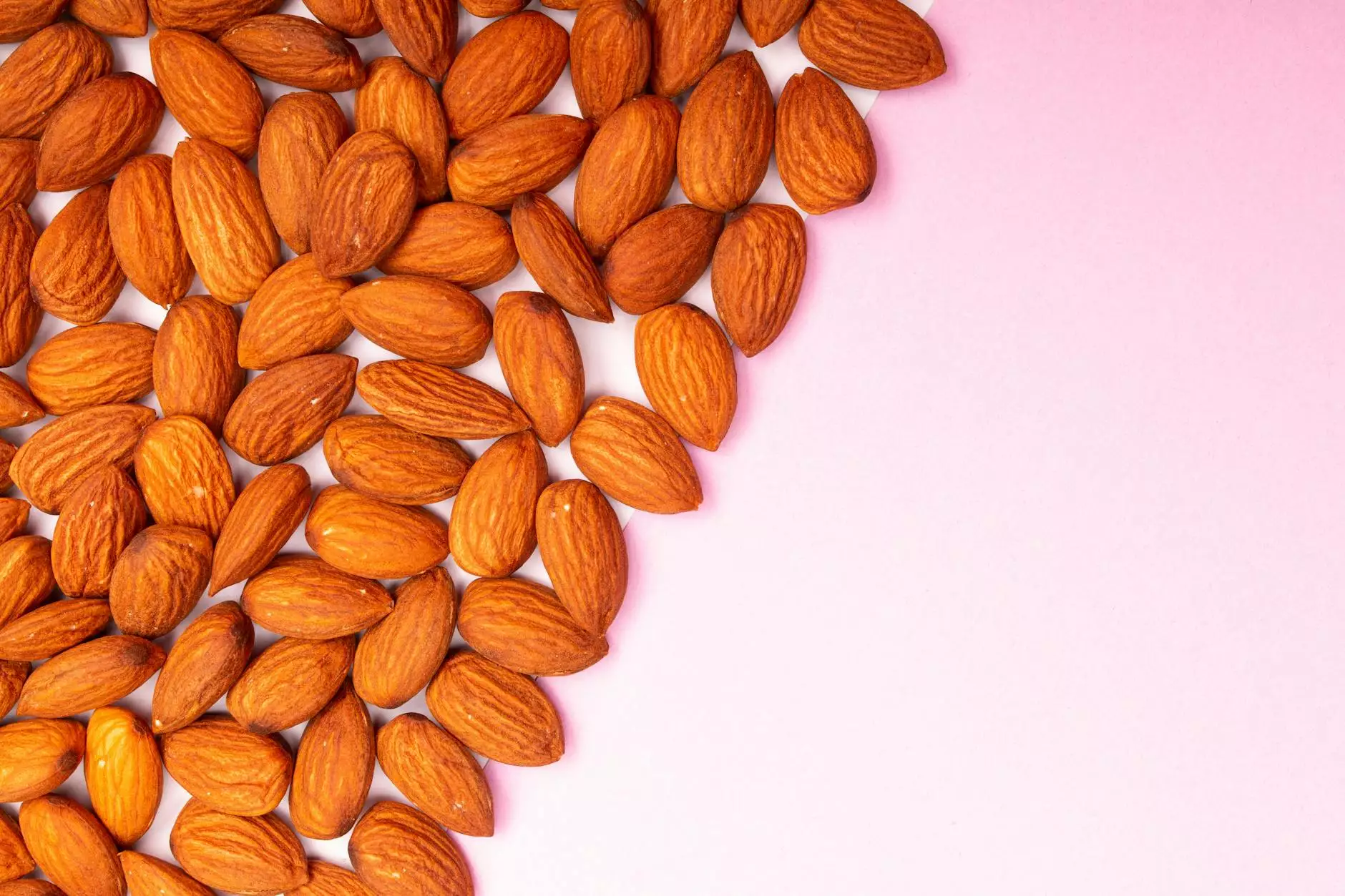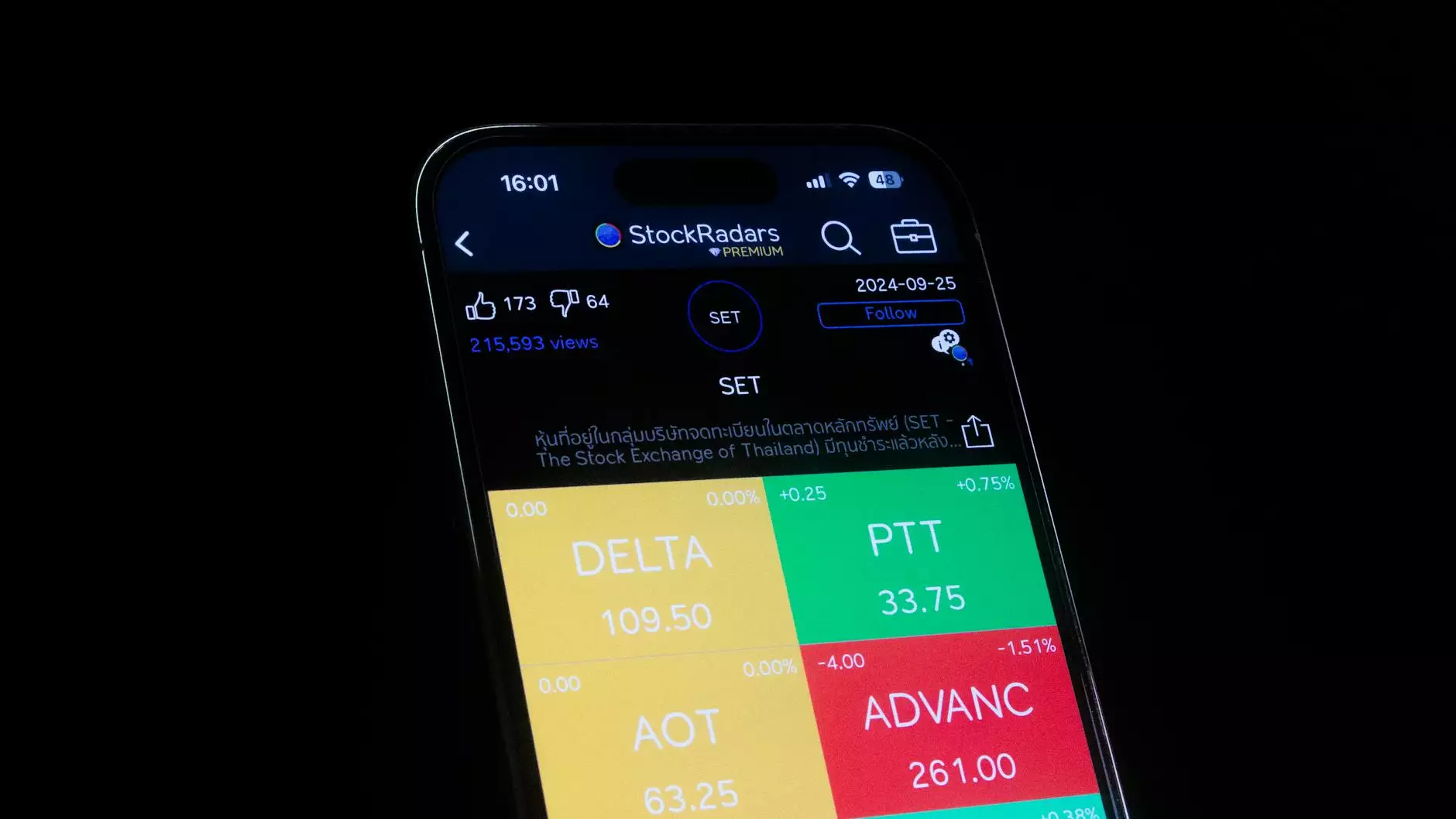Halal Chicken Manufacturers: Ensuring Quality and Compliance for Global Consumers

Understanding Halal Chicken
Halal chicken refers to poultry that has been processed in strict accordance with Islamic law, or Sharia. This requirement not only ensures that the chicken is safe for Muslim consumption but also guarantees a higher standard of ethics and animal welfare. The process involves specific rituals and guidelines that must be adhered to during slaughtering, processing, and handling.
The Growing Market for Halal Chicken
The global demand for Halal chicken has surged in recent years, primarily due to the increasing Muslim population and the rising popularity of Halal products across diverse communities. This trend is transforming poultry exports, particularly from countries known for their quality poultry farming, such as Brazil.
Brazilian poultry exporters have positioned themselves as leaders in the Halal chicken market, emphasizing quality, compliance, and sustainability. The balance between meeting halal standards and maintaining high production standards is crucial for these manufacturers.
Quality and Compliance: The Role of Halal Certification
Halal certification is a testament to the product’s compliance with Islamic dietary laws. In Brazil, leading poultry manufacturers undergo rigorous audits and inspections to ensure they meet the halal standards set forth by various certification bodies. For consumers, this certification provides peace of mind, knowing that the meat they purchase adheres to their religious beliefs and ethical standards.
An effective Halal chicken manufacturer will integrate quality assurance processes to monitor every stage of production, from farm to table. This includes:
- Animal Welfare: Ensuring humane treatment throughout the lifespan of the poultry.
- Processing Standards: Adherence to hygiene and health regulations during slaughtering and packaging.
- Laboratory Testing: Routine checks for contaminants and pathogens to guarantee food safety.
The Benefits of Choosing Halal Chicken
Consumers often wonder about the specific benefits of choosing Halal chicken. Aside from the religious compliance, there are several advantages that make halal chicken an appealing option for all consumers:
- Health Benefits: Halal chicken is often fresher and lacks certain preservatives found in non-halal options.
- Ethical Considerations: The halal slaughter process emphasizes animal welfare, appealing to ethically-minded consumers.
- Quality Assurance: Rigorous certification processes ensure that halal chicken is handled with great care and standards.
Brazil: A Leading Producer of Halal Chicken
Brazil is renowned for its vast poultry production capabilities, ranking among the largest producers and exporters of chicken in the world. The country’s favorable climate, extensive agricultural infrastructure, and investment in modern farming techniques allow for high-volume production of high-quality halal chicken. Brazilian poultry exporters focus on:
- Exporting to Diverse Markets: With strong demand for halal products in regions like the Middle East, Africa, and Southeast Asia, Brazil’s poultry industry is strategically positioned.
- Utilizing Advanced Technologies: Many Brazilian manufacturers invest in cutting-edge technologies that enhance efficiency and maintain quality.
- Building Strong Trade Relationships: Establishing trade agreements and logistics networks to ensure product availability in key markets.
Challenges Facing Halal Chicken Manufacturers
Despite the growth and opportunities within the halal chicken market, manufacturers face several challenges:
- Stringent Regulations: Compliance with both halal and international food safety regulations can be complex and costly.
- Supply Chain Issues: Ensuring a consistent supply of halal-certified feed and other inputs can pose challenges.
- Market Competition: The growing global demand has attracted numerous players, intensifying competition in the market.
The Future of Halal Chicken Manufacturing
The future of Halal chicken manufacturing is promising. As consumers become more health-conscious and ethically aware, the demand for halal-certified products will continue to rise. Emerging trends suggest a push toward transparency in food sourcing, leading more manufacturers to adapt their practices to meet consumer expectations.
Innovations in food technology and farming practices will further enhance the quality of halal chicken. The integration of sustainability practices, such as organic farming and reduced carbon footprints, will also play a significant role in shaping the industry.
Conclusion: Supporting Sustainable and Ethical Practices
Choosing Halal chicken manufacturers not only ensures compliance with religious practices but also underscores a commitment to quality, sustainability, and ethical treatment of animals. The Brazilian poultry exporters stand at the forefront of this movement, providing consumers worldwide with high-quality halal products.
As the market for halal chicken continues to expand, the collaboration between producers, certifiers, and consumers will be essential in promoting transparency and trust within the industry. Together, we can foster a food system that values health, ethics, and quality.
For more information on our products and services, visit frozenchickengroup.com.



